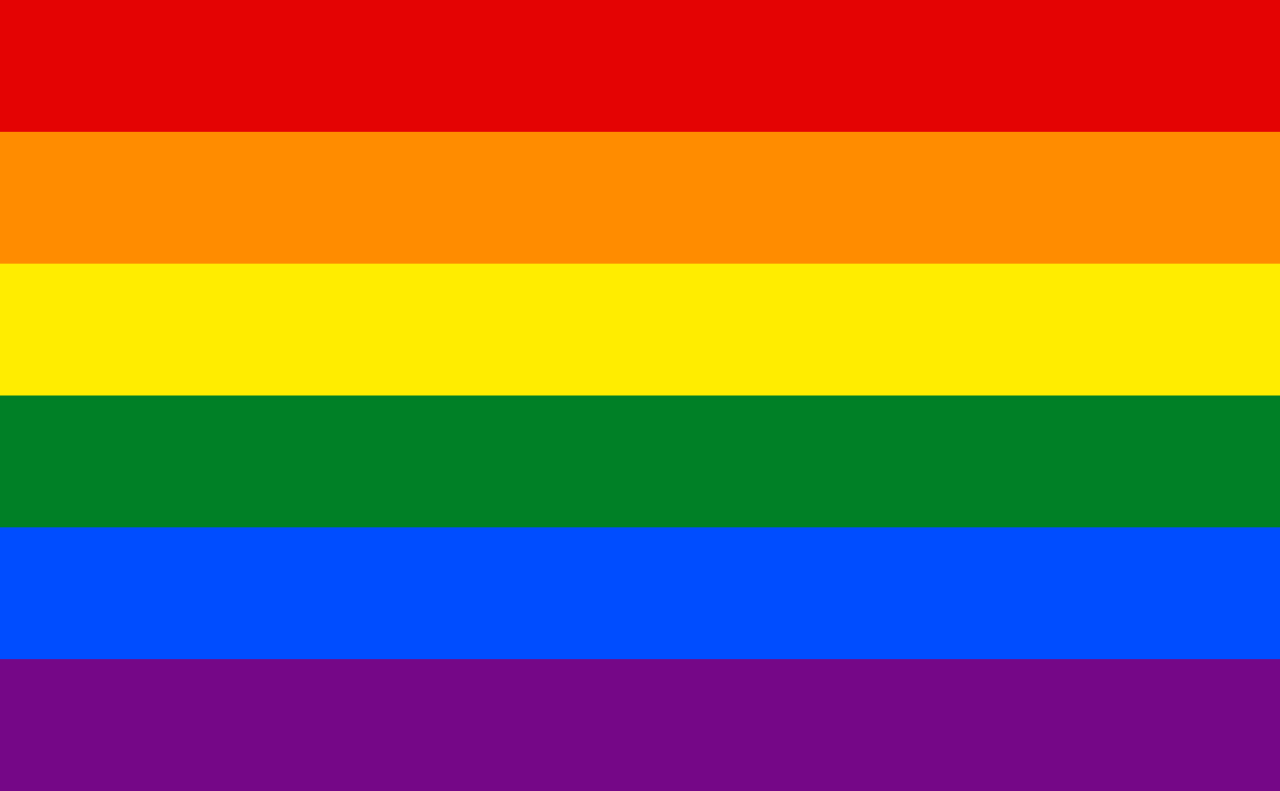On July 23, I attended Halifax Pride’s wrap-up party, WetSpot, one of the week’s biggest events in lieu of being present at the Pride Parade that took place earlier that day.
As someone who classifies themselves as an ally, this is very problematic. Due to personal complications, I was unable to attend the parade. I felt guilty as a result, and not simply because I had friends who were performing. My actions on that day are emblematic of a larger problem.
On the surface there is no harm; every individual at WetSpot, within the community and outside of it, were dancing and enjoying themselves into the early hours of the morning. All took part in the action. However, all actions have consequences.
The idea of being an ally to a community means understanding the political significance of an event like Pride. Being a supporter of the LGBTQ+ (Lesbian, Gay, Bisexual, Transsexual, Transgender, Intersex, Queer, Questioning, Two-Spirited, Asexual and Allies) community inherently means one takes on the role as part of the corresponding movement, which is historically, societally and culturally relevant to pressing matters in a world we all belong to. There’s a social responsibility involved that cannot be ignored.
There has to be a sense of accountability in all who take part in an event such as Pride, an affair held sacred by the LGBTQ+ community. When this fact ceases to be active, so too does the foundation of the movement these events support. When the political importance of events meant to embrace both the success and ongoing struggle of a community of people becomes diluted, that in turn means the associated historical marginalization of said community becomes diluted as well.
Surges of people in the LGBTQ+ community have begun to speak out against individuals who attend these events without any knowledge of the true intent behind them. Moreover, this growing concern extends beyond Halifax Pride. There are those who go to local cabarets and do not respect the established traditions of a place that has provided a place refuge to a group of people who for ages had nowhere else to express their identity.
The attention brought to this issue is not to place guilt or direct anger towards anyone, but rather to reflect on the sense of responsibility one should feel in not taking advantage of all the celebratory parts of the Pride Festival while ignoring the importance of the community and the ideology these events solidify. Education on the subject is essential when one makes the decision to take an active part in any particular group’s events, so the social, cultural and historical context are properly understood.
More than anything, Pride is about inclusivity and embracing differences- specifically those that go against what is considered the socially accepted norm, in an on-going, oft-contested effort to have these differences recognized as the norm. That is why these events are open to the public and require endless support.
Acknowledging the facts and respecting any significant institution in a community, including but not limited to cabarets and Pride Festival, are what separates someone who is an ally from a passive objector. That is the principle of the matter. The important thing to remember is that Pride, in Halifax or any other city, is not just a party: it is the cornerstone of an entire community whose endeavors to achieve equality are still in progress.


Recent Comments